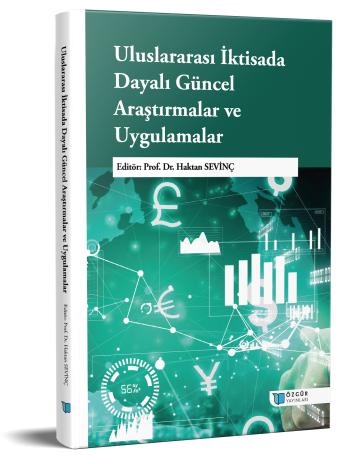
Do Foreign Direct Investment and Trade Openness Improve Public Health? An Empirical Analysis for ASEAN Countries and Turkey
Chapter from the book:
Sevinç,
H.
(ed.)
2024.
Current Research and Applications in International Economics.
Synopsis
The desired realization of economic growth is expected to enhance the welfare levels of countries. While the income-increasing effects of economic growth contribute to welfare by boosting consumption, the impact of economic activities on human health and environmental health—encompassing soil, air, and water—constitutes a critical concern for sustainable growth. Based on this premise, this study examines the effects of foreign direct investment (FDI) and trade openness, representing external trade, on public health using a dataset covering the 2000-2022 period for ASEAN countries and Turkey. The analysis employs the AMG estimator and the Emirmahmutoğlu & Köse (2011) panel causality test. The findings indicate that FDI negatively impacts public health, while no statistically significant results were obtained for trade openness and economic growth. The panel causality test reveals a bidirectional causality between trade openness and public health and a unidirectional causality from economic growth to public health. However, no causality relationship was identified for FDI. These results suggest that the public health implications of trade and economic policies, particularly in developing countries, should not be overlooked when formulating external trade and economic strategies.

